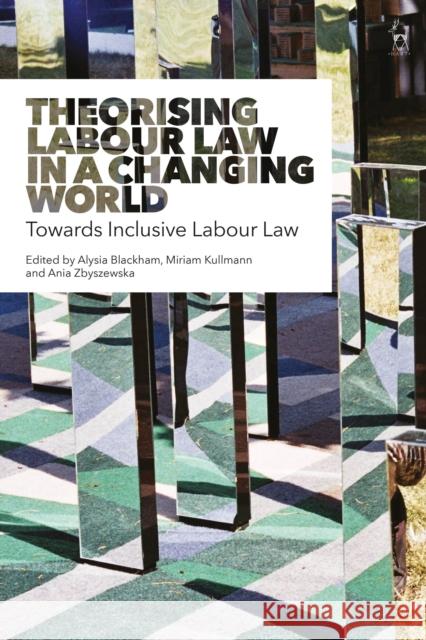Theorising Labour Law in a Changing World: Towards Inclusive Labour Law » książka
topmenu
Theorising Labour Law in a Changing World: Towards Inclusive Labour Law
ISBN-13: 9781509921553 / Angielski
Theorising Labour Law in a Changing World: Towards Inclusive Labour Law
ISBN-13: 9781509921553 / Angielski
cena 416,30
(netto: 396,48 VAT: 5%)
Najniższa cena z 30 dni: 410,37
(netto: 396,48 VAT: 5%)
Najniższa cena z 30 dni: 410,37
Termin realizacji zamówienia:
ok. 30 dni roboczych.
ok. 30 dni roboczych.
Darmowa dostawa!
Kategorie:
Kategorie BISAC:
Wydawca:
Hart Publishing
Język:
Angielski
ISBN-13:
9781509921553











